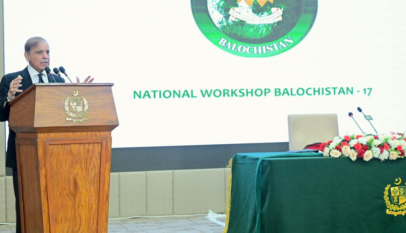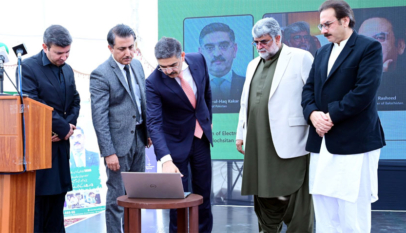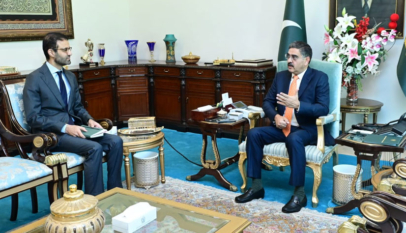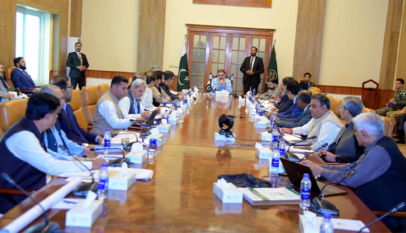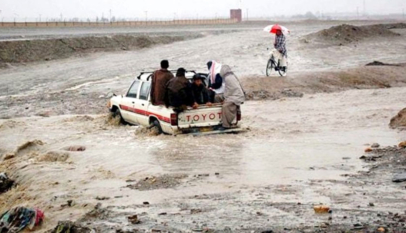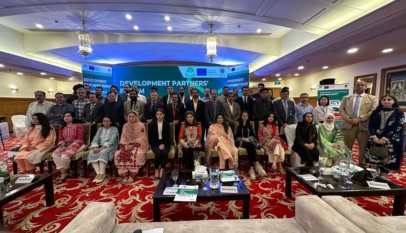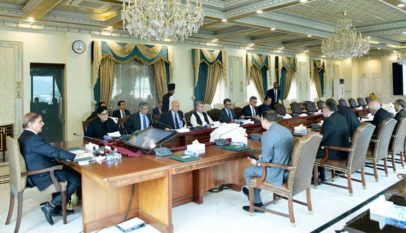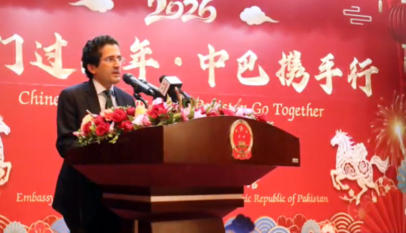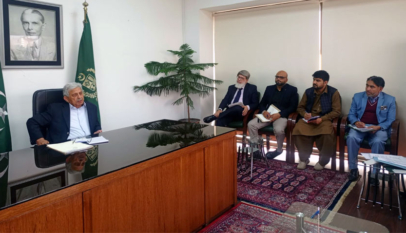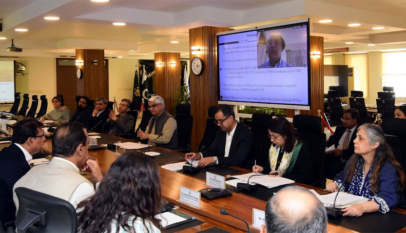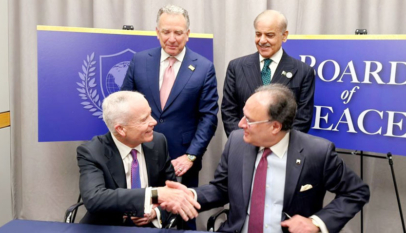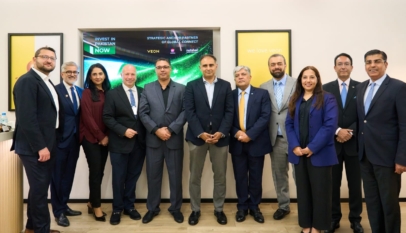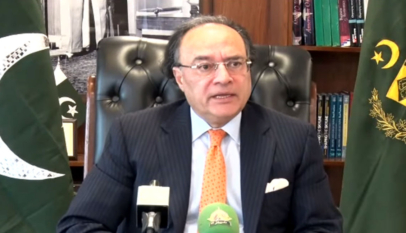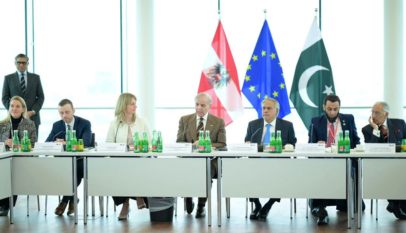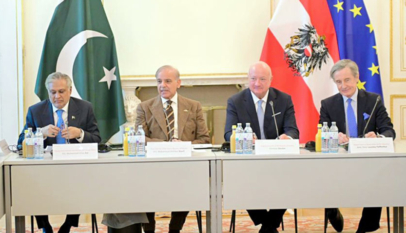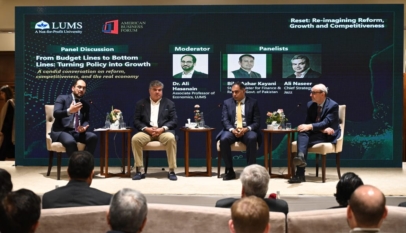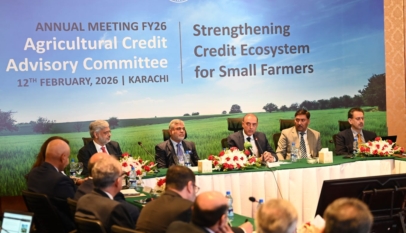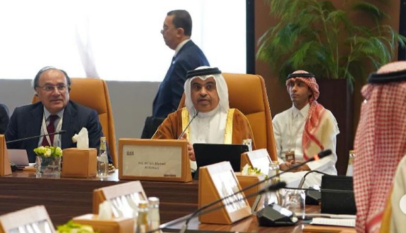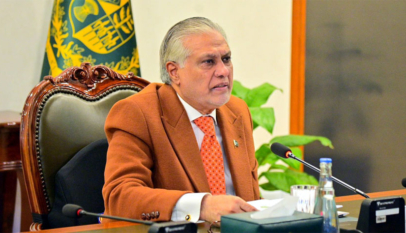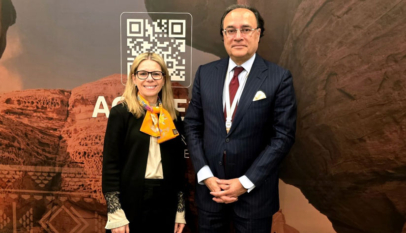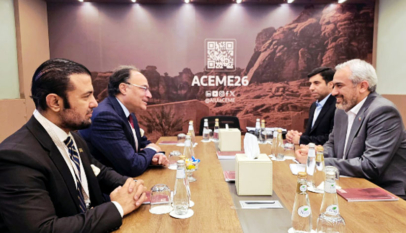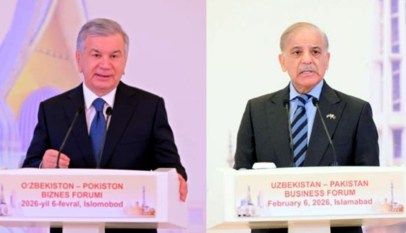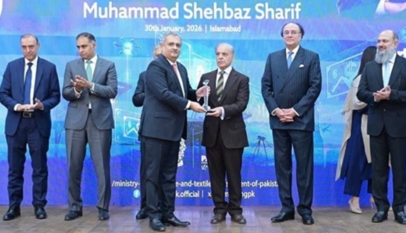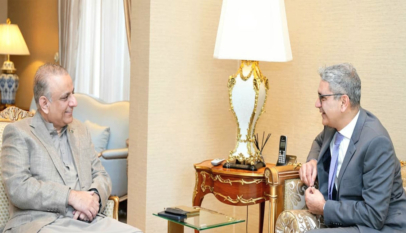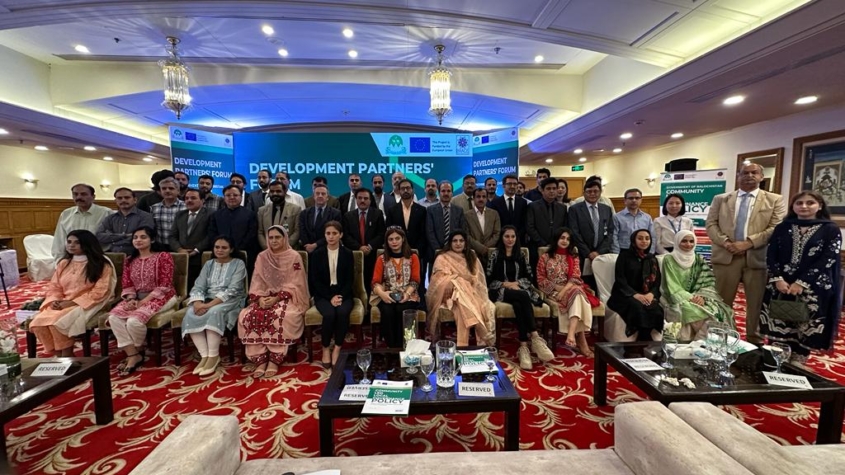
The Government of Balochistan has asked donors for Rs.7.7 billion for the implementation of Community Led Local Governance (CLLG) Policy. In the PSDP of fiscal year 2023-24, the Government of Balochistan has already allocated Rs 1.5 billion for the implementation of the CLLG Policy. In this regard, a Development Partners Forum was organized by Government of Balochistan in the federal capital Islamabad with the support of the European Union funded BRACE Technical Assistance Project implemented by DAI.
In his opening remarks, Additional Chief Secretary apprised that providing legal cover to community organization in Local Government Act, 2010, approval of the Government of Balochistan’s Community Led Local Governance (CLLG) Policy, and then developing an outlay of PKR.9.2 Billion in PSDP 2023-24 where GOB has allocated PKR.1.5 Billion from its own share are historical steps and demonstration of the GOB’s strong commitment and belief in the community led reforms which will transform the development landscape in Balochistan. He added that the development partners and international donors need to come forward and play their role by joining hand with Government of Balochistan.
Speaking at the event, Chief Secretary Balochistan Abdul Aziz Uqaili said that the CLLG policy is an important step towards the development and prosperity in Balochistan, but to make it a success, all relevant institutions and donors have to play their role. Balochistan being the largest province demands attention. With the support of the European Union, the CLLLG Policy has been formulated and in the future, EU support will be essential for the implementation of this policy. We also expect other donors to play their role.
Secretary Local Government & Rural Development, Balochistan Mr. Dostian Jamaldini also addressed the event. He said that through CLLG Policy, poverty will be dented in Balochistan, while health, education livelihoods, community infrastructure and other sectors will gradually improve. The Secretary Local Government & Rural development also gave a detailed briefing to the participants regarding the CLLG policy. He said that the launch of the policy is a remarkable achievement of BRACE Technical Assistance Team. Establishing and implementing this policy is very important particularly for the development of rural areas of Balochistan. He said that the House appreciated the cooperation and role of the Local Government & Rural Development of Balochistan and its representatives and also concluded that the European Union will support the Local Government & Rural development of Balochistan and the CLLG Policy for further consolidating the their efforts.

Talking during the panel discussion at the development partners’ forum, Member Balochistan Assembly and Chairman Standing Committee Local Government Qadir Ali Nayel said that the local government system in Balochistan has been in existence for many decades and it has undergone various changes over the years. There are many issues and challenges that need to be addressed to improve the functioning of the local government system. The Balochistan Local Government Act 2010 was an important step towards improving local governance in the province. However, with the passage of time, further reforms were needed to improve the functioning of the system.

Ms. Mahjabeen Sheran, also spoke during the panel discussion and apricated the CLLG policy reforms which provides equal opportunities to women to participate in the development process from planning, designing, implementing and evaluating from their own perspective supported by the Government and development partners under the CLLG Policy implementation.
Dr. Inaam Ul Haq from International Islamic University during the panel discussion stated that academia’s role in CLLG Policy is very important. He emphasized the importance of the academia based research which enables proper planning and implementation of the community based interventions and its evaluation for lesson learning and continuous improvements.
A community worker from Pishin district shared success stories of community based interventions where community institutions play the key role in sustaining the development investments and a continued development process at grassroot level.
Mr. Gul Muhammad Mengal, Director LG and Focal Person BRACE Programme insisted on continued technical assistance to the government in CLLG Policy implementation referring to the policy development process where EU funded Technical assistance to the Government of Balochistan has played the pivotal role to support the Government of Balochistan in realizing the development of CLLG policy and now its empirically evident support is required to ensure that the policy is implemented in to its real sense to achieve the desired goals.
The World bank representative appreciated the CLLG Policy and referred it to the Bank’s approach which has been adopted by the government f Balochistan and insisted on policy’s implementation to achieve the ultimate goal of development in the Balochistan Province.
Ms. Samra Ehsan, Additional Secretary Economic Affairs Division in her address at the development partners’ forum commended the efforts of Balochistan Government. She encouraged development partners to come forward and support the policy implementation through allocation of resource and appreciated the continued support of European Union and urged to continue the technical assistance for sustainable implementation of reforms. She ensured that EAD will play its pivotal role in channeling the funds from development partners to the GoB for implementation of CLLG Policy and its long lasting impacts on grassroot communities. Representatives of various international organizations including European Union, World Bank, Asian Development Bank, USAID, UNDP, ILO, GIZ, IFAD, UNNHCR, UN-IOM, Academia, and federal government including EAD, MOFA and Climate Change and others also participated in the event and appreciated the landmark policy reforms and pledge their support for the resource mobilization to supplement the efforts of Government of Balochistan for implementation of CLLG Policy.

